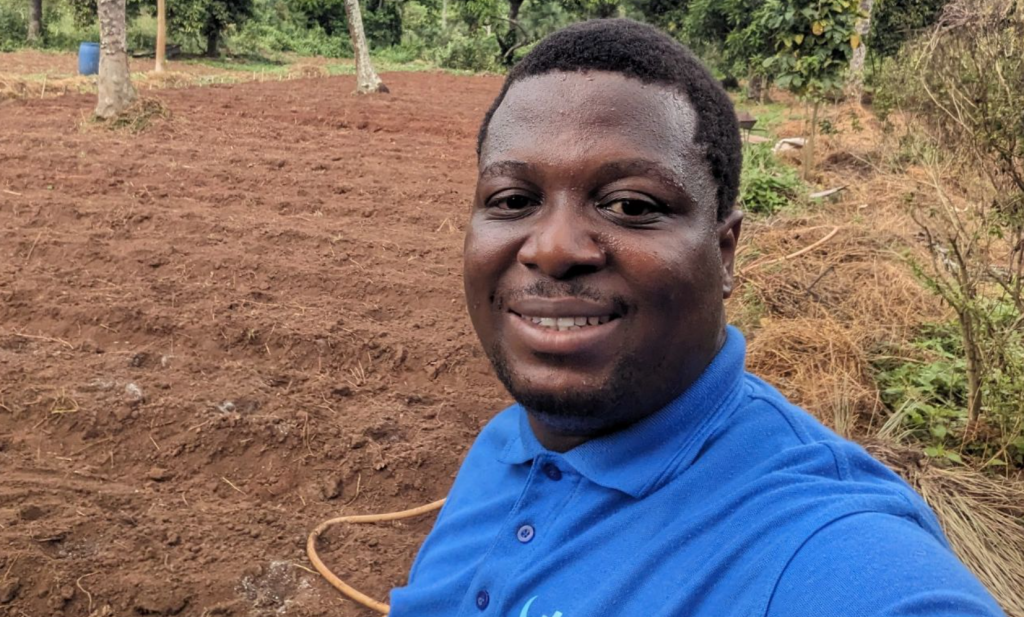As we commence the dry season farming, the impact of climate change becomes more and more obvious; the irrigation water dries up quickly, the weather becomes less dense, and heat stress becomes more pronounced.
Invariably, the cost of production is higher (in addition to the inflation that is already affecting the cost of production). This is an unprecedented time and we need more climate smart technologies especially for dry season farmers (as they are few in number compared to during the rainy season).
Dry season farming is very tedious due to its peculiarities and more tedious for those cultivating on the open field (who cannot control their environment at all).
There is a need to adopt water saving techniques and technologies (the most common technique used is mulching to reduce loss of water especially at the crop root). We need more efficient methods for smallholder, medium and large scale farmers. This is because we need more productivity of crops during the dry season and more food production. This is because hunger doesn't understand food seasonality and achieving food security comes with all year round production of food rather than seasonal production.
Investment in R&D cannot be overemphasized in developing adaptable climate smart technologies, especially water saving technologies. Also, creating more awareness to increase adoption and incentivize farmers will be a good step. Also, providing support to insurance companies to develop tailored products for dry season farmers will go a long way to reduce losses experienced by the farmers.
The aim is to achieve food security but we need to create a better environment that will allow farmers to thrive and be protected on this journey. We need more support for farmers whose aim is to produce food all year round, with all year support. "Hunger no dey look face", let's support the hunger fighters today!
Yours-in-Service
Babatunde
Dry season farming is very tedious due to its peculiarities and more tedious for those cultivating on the open field (who cannot control their environment at all).
There is a need to adopt water saving techniques and technologies (the most common technique used is mulching to reduce loss of water especially at the crop root). We need more efficient methods for smallholder, medium and large scale farmers. This is because we need more productivity of crops during the dry season and more food production. This is because hunger doesn't understand food seasonality and achieving food security comes with all year round production of food rather than seasonal production.
Investment in R&D cannot be overemphasized in developing adaptable climate smart technologies, especially water saving technologies. Also, creating more awareness to increase adoption and incentivize farmers will be a good step. Also, providing support to insurance companies to develop tailored products for dry season farmers will go a long way to reduce losses experienced by the farmers.
The aim is to achieve food security but we need to create a better environment that will allow farmers to thrive and be protected on this journey. We need more support for farmers whose aim is to produce food all year round, with all year support. "Hunger no dey look face", let's support the hunger fighters today!
Yours-in-Service
Babatunde
Related



